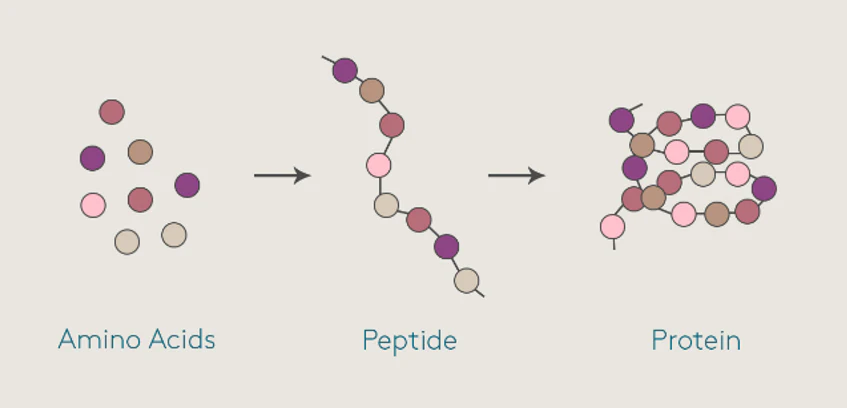Peptides are a group of molecules composed of amino acids that play crucial roles in various biological processes, including cell signalling, immune response, and tissue repair. Due to their distinctive properties and specific biological activities, peptides have garnered increasing interest as a potential class of therapeutic agents over recent years. In this blog, you will explore the latest discoveries and research on peptides like TB 500 and BPC 157 and their potential applications.
Understanding Peptides
Peptides are short chains of amino acids, ranging from 2 to 50 amino acids long. They are naturally occurring molecules that play a significant role in various biological processes. Peptides are produced by cells as signaling molecules that act as messengers to communicate with other cells in the body. They also regulate many physiological functions, including growth, metabolism, and immune response.
The Importance of Peptides in Tissue Repair
One of the most promising research areas on peptides is their potential use in tissue repair. Two peptides such as TB 500 and BPC 157 have been the focus of extensive research in this area:
Thymosin Beta-4 (TB-500)
TB-500 is a peptide that has been found to have potent wound-healing properties. It is a naturally occurring peptide produced by cells in the thymus gland in the chest area. TB-500 has been found to stimulate the migration of cells to the site of injury, which helps to promote tissue repair and regeneration.
TB-500 has also been found to have anti-inflammatory properties, which help reduce inflammation at the injury site. This can aid in accelerating the healing process and decreasing discomfort and inflammation.
Body Protection Compound-157 (BPC-157)
BPC-157 is another peptide that has shown promise in promoting tissue repair. It is a synthetic peptide that is composed of 15 amino acids. BPC-157 has been found to promote the growth of new blood vessels, which helps to increase blood flow to the site of injury. This can speed up the healing process and promote tissue regeneration.
BPC-157 has also been found to have anti-inflammatory properties, which can help reduce inflammation at the injury site. This can reduce pain and swelling, which can be particularly beneficial for athletes and individuals who engage in high-intensity exercise.
The Potential Applications of Peptides
Peptides have many potential medical applications, including tissue repair, immune modulation, and cancer therapy. In addition to their wound-healing properties, peptides have also been found to have antimicrobial properties, making them potential candidates for developing new antibiotics.
Peptides have also been found to have immunomodulatory properties, which means they can help to regulate the immune response. This makes them potential candidates for treating autoimmune diseases like rheumatoid arthritis and multiple sclerosis.
Furthermore, peptides have been found to have anti-cancer properties, which make them potential candidates for cancer therapy. Peptides have been found to inhibit the growth of cancer cells and promote apoptosis, a process of programmed cell death.
Conclusion
Peptides are a fascinating group of molecules that have the potential to revolutionize medicine. The latest discoveries and research on peptides, including TB-500 and BPC-157, have shown promise in promoting tissue repair and regeneration, immune modulation, and cancer therapy. As researchers continue to explore the properties and functions of peptides, there is no doubt that these molecules will continue to play a significant role in developing new therapeutic agents and improving existing treatments.




